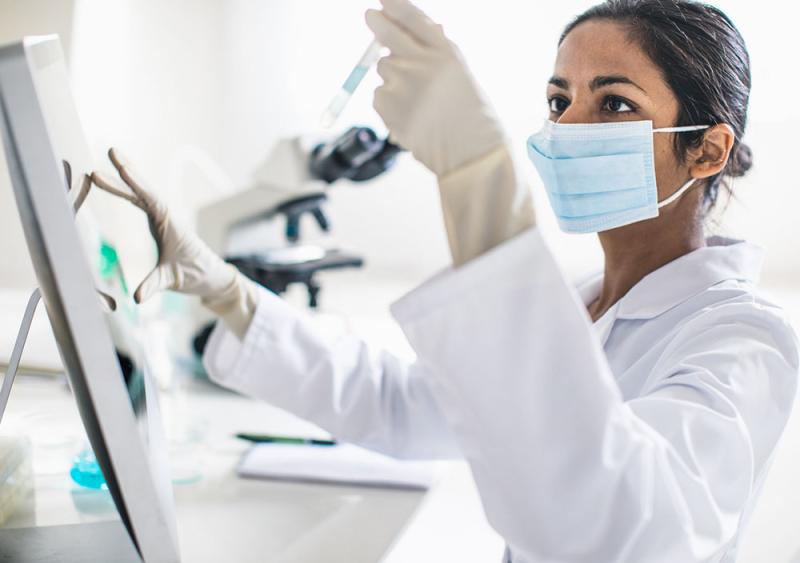
About Us
The Pulp Biology & Regeneration Group focuses on the study of the physiology, pathology and regeneration of the dentin-pulp-complex and its surrounding tissues. The research interests are specified as follows: 1) tooth development: signaling mechanisms during tooth development; 2) inflammation and dental pain: triggers and mechanisms of nociception, the course of inflammatory processes and their influence on tissue repair and regeneration; 3) endodontic Infections: identification, characterization and eradication of pulpal pathogens; 4) instrumentation: equipment and instruments, conventional and novel treatment methods, parameters of endodontic success or failure, and mechanistic studies on tissue responses to endodontic treatment; 5) endodontic and restorative dental materials: biocompatibility testing and research on the effects of those materials on the dental the dentin-pulp complex; 6) dental pulp stem cells: research regarding the isolation and characterization of mesenchymal stem cells from dental pulp or apical papilla; 7) tissue engineering of the dentin-pulp complex: research on the use of stem cells, scaffold materials and growth factors to regenerate a vascularized pulp-like tissue with differentiated odontoblast-like cells capable of forming dentin; and 8) regeneration of dental pulp – regenerative endodontics: the basic science behind and the clinical research of endodontics protocols developed to achieve the regeneration of dental pulp.
In addition to IADR’s objectives, further objectives are: 1) provide a forum for the exchange of scientific information related to pulp biology and regeneration at IADR meetings; 2) promote the study and knowledge of pulp biology; 3) facilitate the presentation, discussion, and publication of scientific papers on all facets of pulp biology and regeneration research; 4) promote networking and international cooperation in pulp-related research; and 5) organize periodic satellite meetings with the goal of focused scientific discussions on hot research topics, followed by publication of the proceedings in peer-reviewed journals.




